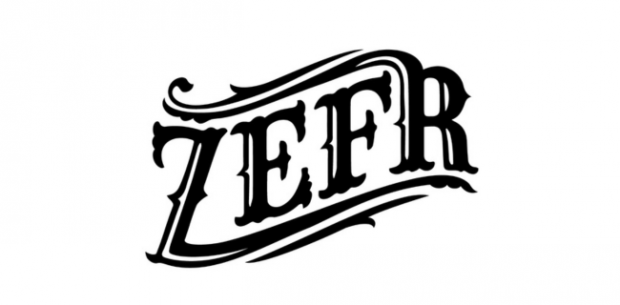Latest News
Zefr & IPG Mediabrands Launch Partnership to Combat Misinformation | April 2024
Zefr & IPG Mediabrands Launch Partnership to Combat Misinformation

IPG Mediabrands and Zefr announce first-in-kind agency partnership designed to tackle misinformation and enhance brand safety and suitability for online campaigns. Backed by extensive research data from IPG Mediabrands’ media intelligence and investment unit, MAGNA, and powered by tech-driven performance unit, KINESSO, the new collaboration will deliver campaign solutions that enable brands with the capability to avoid misinformation across social platforms in priority areas including political, climate, healthcare, AI-generated, and brand-specific content.
This partnership extends the existing collaboration between IPG Mediabrands and Zefr, and it is aligned to the agency network’s Media for Good efforts which focus on driving impact within and outside of its business through brand safety, media responsibility, marketplace equity, and sustainability.
“Helping our clients to protect their brands while reaching their audiences through the most effective channels is core to the work we do as their agency partners,” said Dani Benowitz, US & global president, MAGNA. “By engaging in specialised partnerships like this with Zefr, we are ensuring our clients have access not only to our in-house expertise, but also to the best tools and capabilities the industry has to offer, so their media investments are strategic and made with relevant, high industry standards in mind.”
Preview of Zefr’s capabilities now available:
- Pre-campaign video responsibility: Access to customised pre-campaign Media Responsibility Profiles, which leverages AI to proactively block unsuitable categories like misinformation and GARM high-risk content across social platforms, while maintaining scale and performance.
- Custom misinformation avoidance for UGC: Incorporates customised dashboards for sensitive categories, e.g., the US selections and climate denialism, with multi-modal video, image, text, and audio detection for full misinformation content avoidance powered by integrations with global fact-checks, beyond publisher or webpage-based analysis.
- Custom video algorithms: This technology will improve responsible AI in programmatic video and apply KINESSO’s brand suitability guidelines with campaign specific outcomes and KPI goals in video.
The ad environment is primed for misinformation with major cyclical events and growing ad spend.
The 2024 election cycle is expected to generate USD$9bn (£7.2bn) of additional ad revenue for media owners, which is +13% higher than 2020 spending levels, according to MAGNA’s latest U.S. Ad Forecast. Overall, most industry verticals will grow their ad spend this year, and digital pure players are set to capture most of that market growth, with ad sales across several media channels expected to outperform including social media (+14%) and short-form digital video (+12% to USD$22bn ~£17.6bn).
“At Zefr, we have been proactive in tackling misinformation across walled gardens, combining advanced AI for multi-media with global fact-checking networks,” said Andrew Serby, chief commercial officer at Zefr. “IPG’s leadership in combating misinformation for their clients is second to none, and this partnership underscores that commitment towards this critical issue. Together, we are accelerating the fight against misinformation across walled gardens, applying media responsibility to client investment around the world.”
Building on previous research on consumer perceptions of misinformation, the new MAGNA Media Trials and Zefr study “Ads in Misinformation” tested ad effectiveness of standard content (i.e. verified information) against misinformation for brands in the auto, CPG, insurance, and finance industries. The study included more than 2,000 participants in the U.S., who browsed an in-feed social media experience in a controlled, mobile environment. Each participant was randomly served an ad then surveyed to measure their feedback against brand KPIs and ad adjacency. The study found that advertising next to misinformation led to wasted ad dollars for brands, eroded brand perception, and negatively impacted performance KPIs. And while political and AI-generated “fake news” can be easier to spot, consumers still are critical of brands that advertise next to it.